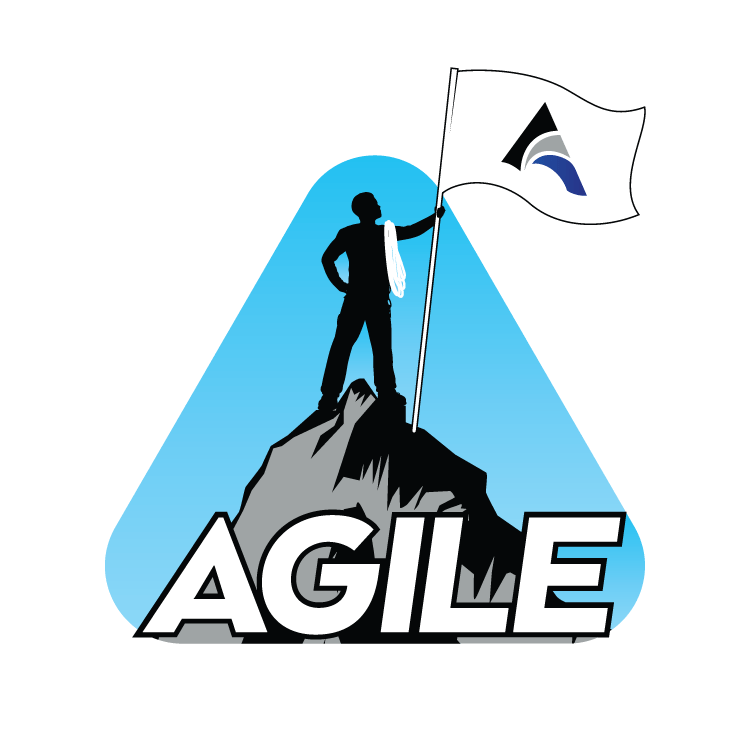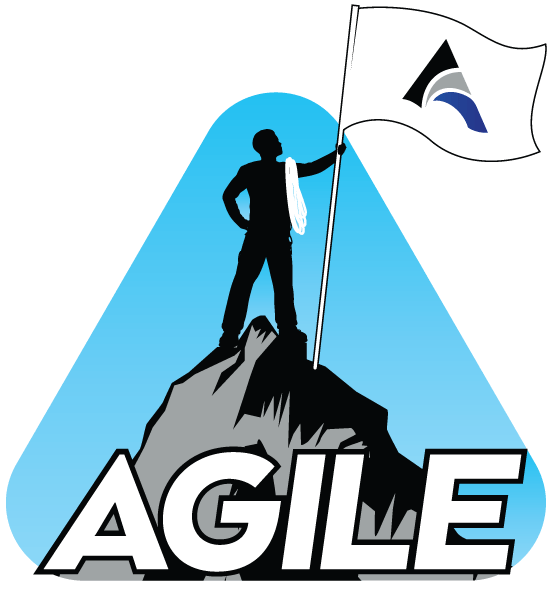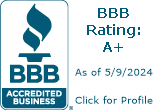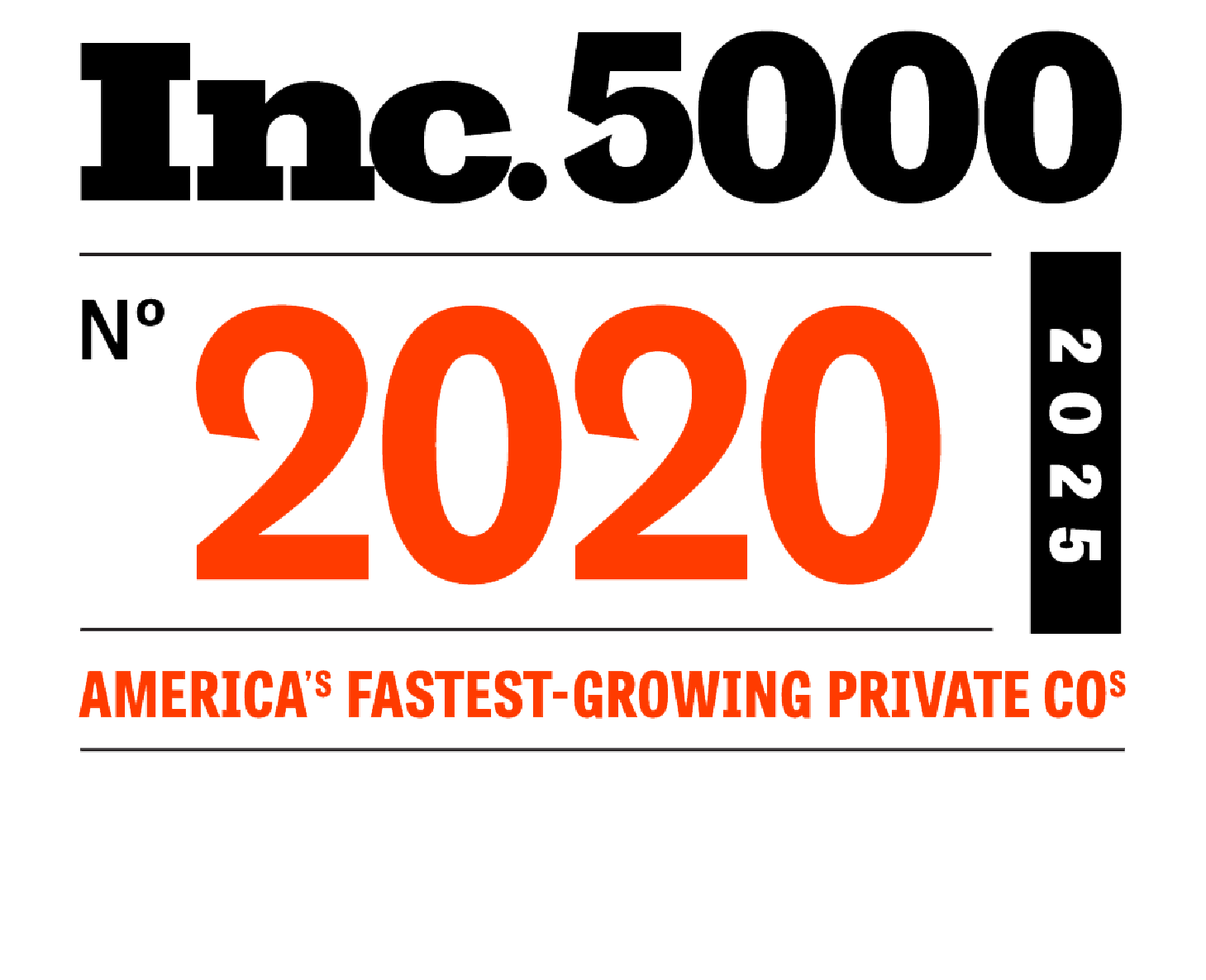Indiana Sales Tax on Software and Digital Products
Indiana takes a relatively favorable position when it comes to taxing software and digital products. Most cloud-based services, digitally accessed content, and technology-related services are not subject to sales or use tax under current state rules. However, the details matter. Overlooking the nuances can still lead to misclassification, over-collection, or compliance gaps.
Missteps in classification, exemption documentation, or invoice language can still expose companies to unnecessary tax burdens or lead to over-remittance.
This guide outlines Indiana’s treatment of software, cloud services, and digital products to give finance and tax teams a clear path to compliance and cost control.
Page - Table of Contents
Taxability of Software in Indiana
- Prewritten Software
- Custom Software
Cloud-Based Services in Indiana
- Software as a Service (SaaS)
- Platform as a Service (PaaS)
Implementation & Installation Services
- Onsite
- Remote - Live
- Remote - Pre-recorded
- Optional
- Mandatory
Quick Glance - Indiana Sales & Use Tax Treatment
Exemptions and Special Considerations in Indiana
Compliance Tips for Businesses

Indiana’s software sales tax rules distinguish between prewritten (canned) software and custom-developed software. How software is delivered, be it physically, electronically, or accessed remotely, affects its taxability.
Prewritten Software
Prewritten software is taxable in Indiana when sold for permanent use. However, if access is provided through a subscription or hosted model without a permanent transfer of rights, it is generally not taxable.
Custom Software
Custom software, which is developed to meet the specific requirements of an individual client, is not subject to Indiana software sales tax if:
- The software is created based on the client’s particular specifications.
- There is a substantial modification of prewritten software that tailors it to an individual client.
Minor customizations that do not significantly alter prewritten software are usually not sufficient to qualify for an exemption.
Cloud-Based Services in Indiana
Indiana’s treatment of cloud computing services depends heavily on the nature of the service provided.
Software as a Service (SaaS)
SaaS offerings are generally non-taxable in Indiana when customers remotely access prewritten software. Indiana's SaaS sales tax rules state that accessing software functionality without downloading it still creates a non-taxable event.
Businesses offering SaaS products must carefully evaluate their services to determine the full impact of Indiana’s SaaS sales tax requirements.
Platform as a Service (PaaS)
PaaS provides customers with a platform that may include servers, storage, and software. In Indiana, PaaS is typically non-taxable if customers access prewritten software. If the service focuses purely on hosting or infrastructure without prewritten software, it may be non-taxable. Careful contract review is necessary to determine tax obligations.

Hardware & Tangible Items
Sales of hardware such as servers, networking equipment, and devices are generally taxable as tangible personal property in Indiana. Specific exemptions may apply for manufacturing or R&D use.
Implementation & Installation Services
Implementation and installation services are taxed based on the nature of the product:
- Installation services associated with non-taxable software or hardware are generally non-taxable.
- Installation services related to exempt custom software may also be exempt if separately stated.
Detailed invoicing is critical to properly apply Indiana’s software sales tax rules.

Training Services
Training charges are treated differently based on delivery method:
Onsite
Onsite training provided at a customer’s location is not subject to tax if separately stated.
Remote - Live
Live, instructor-led remote training is also not taxable when separately invoiced.
Remote - Pre-recorded
Pre-recorded training materials, including video content, downloadable modules, or self-paced digital courses, are not subject to Indiana sales or use tax. Indiana only taxes services and digital products that are specifically designated as taxable, and pre-recorded training does not fall into those categories.
To maintain exempt treatment, businesses should clearly identify these materials as training services and separately state them on customer invoices.
Maintenance Agreements
The taxability of maintenance agreements hinges on their nature and how they are structured.
Optional
Optional maintenance agreements are generally non-taxable if they only provide services such as troubleshooting and technical support without transferring tangible property or software updates.
Mandatory
Mandatory maintenance agreements, required as part of a software purchase, are usually non-taxable because they typically involve access to updates or support bundled with the original transaction.
Quick Glance - Indiana Sales & Use Tax Treatment for Software and Digital Products
Get the Indiana taxability table download here, for free.
| Item/Service | Taxability | Notes & Legal Reference |
|---|---|---|
| Digital Audio Visual Works (non-permanent use or with continued payment) | Non-Taxable | Exempt if not sold for permanent use or is conditioned upon continued payment. [Ind. Revenue Rul. No. 2011-04 ST (Sept. 2, 2011)] |
| Digital Audio Visual Works (permanent use) | Taxable | Taxable when customer receives rights for permanent use not tied to ongoing payment. [Ind. Revenue Rul. No. 2011-04 ST (Sept. 2, 2011)] |
| Software as a Service (SaaS) | Non-Taxable | Cloud-based or electronically accessed SaaS is not subject to tax. [IN Info Bulletin ST8, 01/01/2023] |
| Platform as a Service (PaaS) | Non-Taxable | Cloud-based or electronically accessed PaaS is not subject to tax. [IN Info Bulletin ST8, 01/01/2023] |
| Installation or Setup Services (separately stated) | Non-Taxable | Not subject to tax unless specifically designated as taxable. [Ind. Code ? 6-2.5-1-2] |
| Hardware (sale or lease) | Taxable | Tangible personal property is taxable unless used for exempt manufacturing or R&D purposes. [Ind. Sales Tax Info. Bull. No. 8, Jan. 2023] |
| Onsite Training | Non-Taxable | Not considered taxable since Indiana only taxes designated services. [Ind. Ltr. of Findings No. 04-20140684, May 27, 2015] |
| Live Remote Training | Non-Taxable | Not designated as taxable service. [Ind. Ltr. of Findings No. 04-20140684, May 27, 2015] |
| Pre-recorded Training | Non-Taxable | Not considered a taxable digital good under Indiana law. [Ind. Ltr. of Findings No. 04-20140684, May 27, 2015] |
| Optional Maintenance Agreements | Non-Taxable | Generally non-taxable unless they include tangible personal property. [Ind. Sales Tax Info. Bull. No. 2, Nov. 2022] |
| Mandatory Maintenance Agreements | Non-Taxable (in part) | Considered part of the sale price, but services/materials provided during the agreement term are not separately taxed. [Ind. Sales Tax Info. Bull. No. 2, Nov. 2022] |
Exemptions and Special Considerations in Indiana
Indiana provides several key exemptions businesses should leverage:
- Manufacturing Exemption: Software and hardware used directly in the manufacturing process may qualify for exemption.
- Research and Development Exemption: Software purchases used for qualified research activities may be exempt.
- Resale Exemption: Software purchased for resale, without end-use by the purchaser, can qualify for an exemption when properly documented.
Proper exemption documentation is critical to sustaining these claims under audit review.


Compliance Tips for Businesses
Businesses operating in Indiana should focus on:
- Accurate classification between prewritten and custom software.
- Detailed contract review to understand taxability implications.
- Itemized invoicing to clearly separate taxable and non-taxable charges.
- Exemption certificate management to defend against audit assessments.
- Ongoing monitoring of economic nexus thresholds and tax law changes that impact software sales tax obligations.
Proactive compliance helps mitigate audit risk and uncovers potential refund opportunities.
Key Takeaways
Most software and digital services are non-taxable in Indiana, including SaaS, PaaS, and cloud-hosted applications, as long as no tangible personal property is transferred.
Prewritten software is only taxable when sold for permanent use, not when delivered via subscription or remote access.
Custom software, training, installation, and setup services are generally not taxed unless bundled improperly with taxable goods.
Maintenance agreements are taxable only when they are mandatory and involve tangible updates or software rights; optional agreements that cover services alone are non-taxable.
Digital products are taxable only when sold for permanent use without ongoing payments; anything contingent on continued access or payment is exempt.
Businesses should focus on:
- Invoice clarity (separating taxable and exempt line items)
- Exemption certificate tracking
- Precise product classification
- Staying current on Indiana’s position through bulletins and rulings
- When managed carefully, Indiana’s tax rules present more opportunities for tax efficiency than exposure.
Careful handling of software-related transactions (both operationally and on paper) reduces risk and creates opportunities for tax savings.
Need Help Navigating Indiana’s Software and SaaS Sales Tax Rules?
Agile Consulting Group specializes in helping businesses understand and manage complex software sales tax and SaaS sales tax obligations across all industries.



